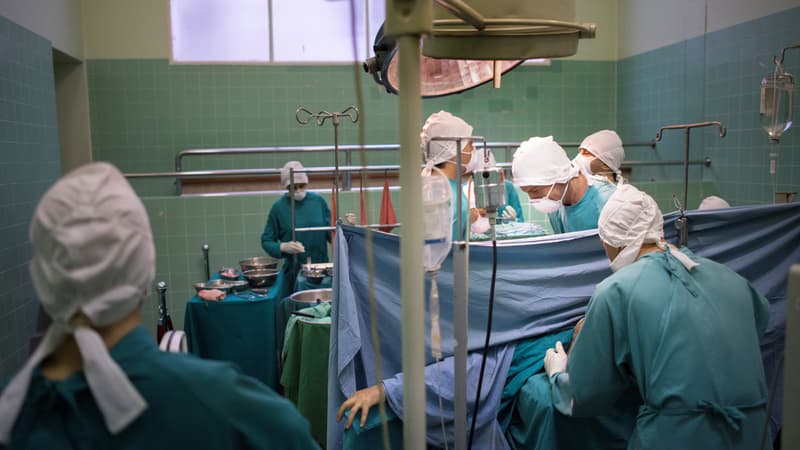The “parietal reinforcement” implants called SO, used against certain hernias, will be subject to reinforced surveillance after a series of undesirable events, the drug agency announced on Friday, February 21.
“Recent statements of undesirable events, by patients, as well as international publications can arouse questions about the associated risks,” the ANSM said in a statement.
The implants involved are called “parietal reinforcement.” “They come in the form of flexible plates, more frequently in synthetic and non -absorbable matters, (y) are used to treat in particular hernias in the abdominal (abdominal hernia, heartbreaking) or groin (inguinal hernia),” said the agency of drugs.
Pain that can alter the quality of life
The undesirable effects reported in 2024 included persistent pain, “sometimes they can alter the quality of life,” according to the ANSM. In this context, the agency says that it has launched in August 2024 a “market surveillance” action, which requested elements of implant manufacturers, but also distributors or importers.
The analysis of these data should lead to a meeting between the ANSM, patients and caregivers in question in mid -2010, in order to take stock of risks and develop “action actions to guarantee the best patient safety” .
The agency specifies that the reports are rare, less than thirty per year between 2020 and 2024 for about 200,000 implants sold every year on average, while recognizing that the problems related to medical devices are often not declared.
In addition, the ANSM said that it exercised “reinforced surveillance” in other types of implants (non -absorbable flexible plates or strips), such as pelvic reinforcements and sub -European strips. In case of undesirable effects, patients and health professionals are encouraged to make a report on the report portal.
Source: BFM TV


